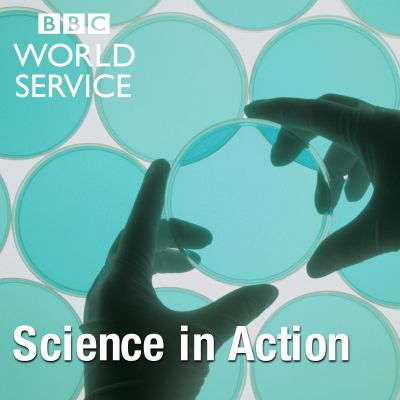Semi-synthetic Life
The creation of a semi-synthetic organism with two unnatural molecular bases in its DNA could lead to a new form of synthetic life that is able to create new kinds of proteins. With the application of this bacterium, it’s possible that we’ll see new types of medicines and materials in the future. Elastogravity and Earthquakes The movement of mass during large earthquakes can perturb the Earth’s gravitational field. Scientists studying records from the 9.1 magnitude Tohoku earthquake in 2011 have found a way to model these perturbations that travel at the speed of light. Could harnessing this ‘elastogravity’ signal lead to earlier warnings of large earthquakes and tsunamis? Axolotl Conservation The paradoxical plight of the axolotl: popular aquarium pet, laboratory animal and critically endangered species in the wild. This species of salamander is a wonder of nature. It's the amphibian that never grows out of its larval stage yet it's able to reproduce. Most remarkable is its ability to regrow limbs, which is of great potential interest to researchers developing regenerative medicine. There are many thousands of axolotls in labs and homes around the world. But in the wild, in their native Mexico, they are on the very edge of extinction. Prehistoric Women and Manual Labour What do you find when you compare fossilized female arm bones with those of Cambridge University’s best female rowers? Scientific evidence, it seems, that prehistoric women were involved in manual labour that was crucial to the development of agriculture. Picture: Artificial DNA molecule, the concept of artificial intelligence, Credit: Iaremenko Presenter: Roland Pease Producer: Fiona Roberts
